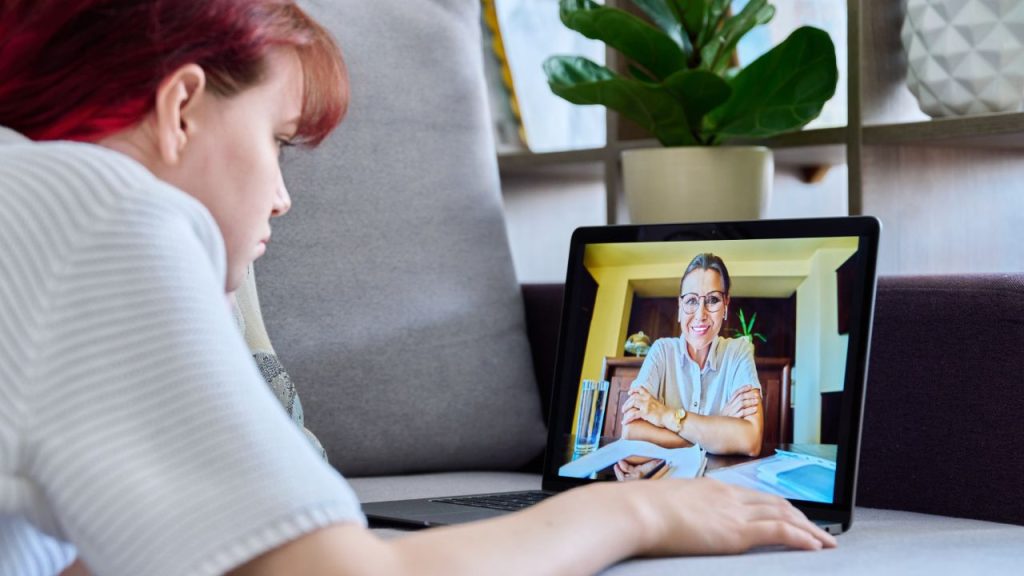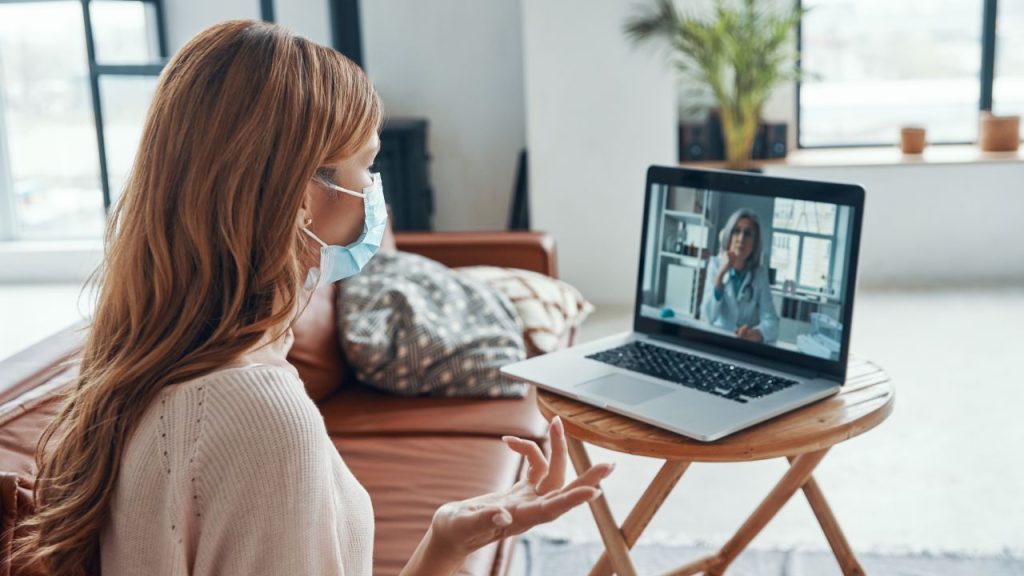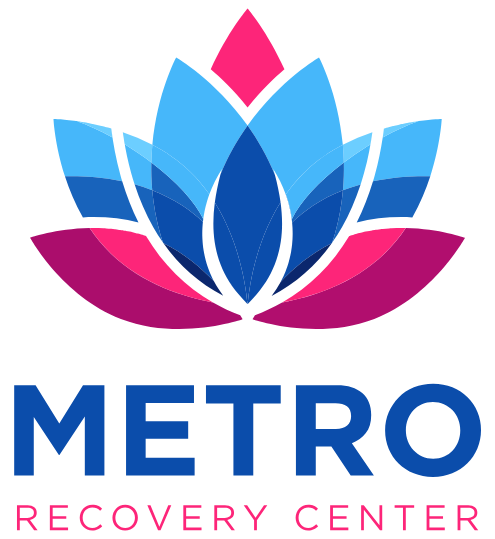Remote Mental Health Therapy
Mental Health Care Shouldn’t Be a Luxury
If you’ve ever had to choose between therapy and your job, your kids, your health—or just getting through the day—you’re not alone. That’s exactly why we offer Remote Mental Health Therapy at Metro Recovery Center. Now, you can access the same trusted, trauma-informed care from licensed therapists—without barriers, without stigma, and without stepping outside your home.
What You’ll Get With Online Therapy at MRC
- Depression and anxiety care
- PTSD and complex trauma
- Emotional dysregulation and mood disorders
- Grief, loss, identity, and stress
- Co-occurring conditions alongside substance use

What Therapy Can Help You With—Right Now
Processing trauma without being re-triggered
Identifying patterns that lead to emotional or behavioral spiral
Strengthening your self-worth, clarity, and sense of direction
Improving relationships, boundaries, and communication
Managing panic, shutdown, and emotional overload
Building long-term resilience—not just symptom management
Is Remote Therapy Really Effective
Our therapists are trained specifically to deliver trauma-informed, recovery-focused care virtually. That means.
Strong therapeutic relationships—built through screens, not weakened by them
Evidence-based methods that translate to telehealth (like CBT, DBT, EMDR prep, and grounding work
Clear plans and goals you’ll co-create and revisit, session by session
Flexibility and safety—so therapy fits your life, not the other way around
Who This Is For
- Clients with transportation or mobility limitations
- People balancing work, caregiving, or multiple priorities
- Individuals in rural areas with no access to local mental health care
- Clients in MAT or dual diagnosis care who want full emotional support
- Anyone who simply feels more comfortable healing from their own space


Why Clients Choose Remote Therapy at MRC
Because we treat online therapy with the same care and integrity as everything else.
Because our clinicians know how to create safety—even on a screen.
Because this isn’t a backup plan—it’s part of a real, personalized recovery path.
And because the hardest part—asking for help—just got a little easier.
